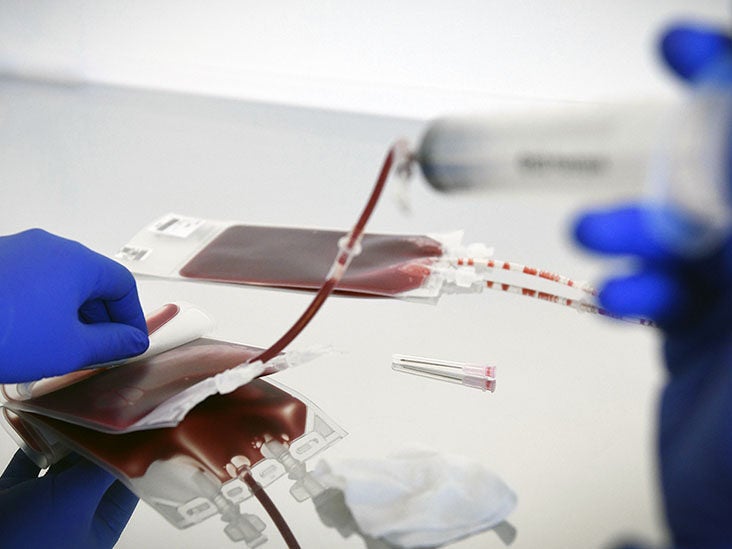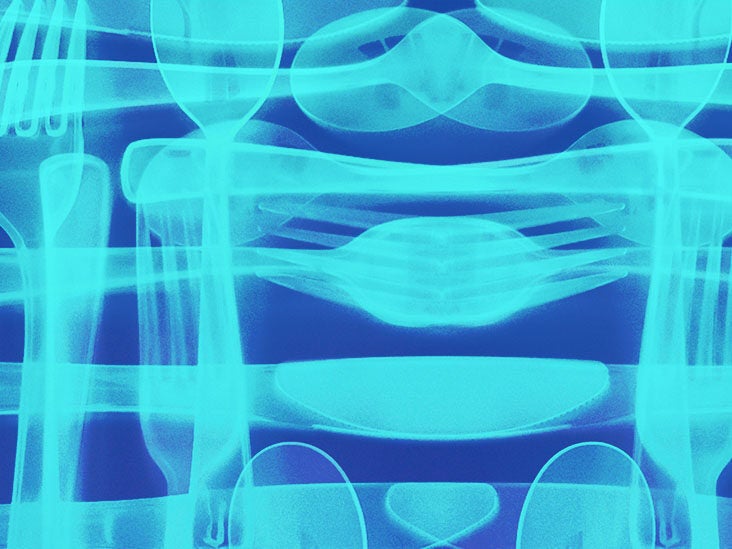MNT's editors reflect on the research highlights of 2022, plus the year's most popular articles and new stories you may have missed.
 MNT's editors share their 2022 research highlights in a new podcast | As we wrapped up 2022, three of our editors — Maria Cohut, the Feature Editor, Yasemin Nicola Sakay, the Global News Editor, and Managing Editor James McIntosh — joined the "In Conversation" podcast to talk about some of 2022's research highlights.
From a global perspective, there's no denying that the monkeypox epidemic (now known as mpox), the war in Ukraine, the passing of Queen Elizabeth II, and the upheaval surrounding the overturning of Roe v. Wade in the U.S. have all made headlines. But amidst all the turmoil, there have also been some bright spots in the world of medical research.
Stem cell research has made significant strides, with scientists exploring their potential use to treat a wide range of conditions, including Parkinson's disease, heart disease, and diabetes. Our own Managing Editor, James McIntosh, donated stem cells earlier this year to help further research into treatments for people with blood cancers and blood disorders. James talks about his experience in "Through My Eyes."
There has been growing interest in the potential of psychedelics in mental health treatments. Some studies have suggested that psychedelics, such as psilocybin (the active ingredient in magic mushrooms) and MDMA (better known as ecstasy), may be effective in treating conditions such as depression, anxiety, and PTSD. While research in this area is still in the early stages, the results so far have been promising and have sparked excitement among researchers and advocates.
Finally, there was news of a novel method for identifying potential dementia symptoms that may allow for earlier diagnosis, and the discovery of an insulin-mimicking molecule that could potentially be used to treat diabetes in the future.
All in all, it's been a year of both challenges and progress in the medical field. Here's hoping for even more exciting advances in the years to come!
To listen to the podcast and find links to all this research and more, jump to "2022 highlights: Dementia, stem cell, and mental health research."
We've also collected some of your favorite articles from this year's Sunday Supplement, plus the latest stories on continuing human evolution, what to eat to fix bad breath, and a new way of looking at successful aging. Scroll down to learn more.
We will return with our regular daily newsletter and Sunday Supplement early in the new year. In the meantime, we are always keen to hear from you, so please get in touch by email if you have any feedback, comments, or questions about this week's newsletter.
Tim Snaith
Newsletter Editor, Medical News Today | | | | | Magnesium may prime the immune system to fight cancer and infections |  | | | | A mouse study shows how magnesium helps the immune system eliminate cancerous cells. The authors also discuss a role for magnesium in cancer treatment. | Read on  | | | | | | Why do mosquitoes always bite me? |  | | | | Some people always seem to get bitten by mosquitoes, but why is that? And what can you do to prevent — and treat — mosquito bites? | Read on  | | | | | | Study identifies unique set of attributes linked to healthy, optimal aging |  | | | | Researchers recently observed older adults in Canada and identified a unique set of attributes among people who age optimally. | Read on  | | | | | | Potassium-rich foods boost women's heart health |  | | | | To offset the impact of salt on cardiovascular health, women should eat potassium-rich foods, says a new study. Men do not appear to reap the same benefits. | Read on  | | | | | | Cancer cure? CAR T-cell therapy has two people in remission 10 years later |  | | | | In a recent study, two people with leukemia were cancer-free a decade after receiving a type of immunotherapy called CAR T-cell therapy. | Read on  | | | | | | Calorie restriction trial reveals gene that may prolong healthy life |  | | | | A recent small-scale study on calorie restriction in humans may have identified a genetic link between the restriction and extended health span. | Read on  | | | | | | Researchers identify insulin-mimicking molecule that could treat diabetes |  | | | | Researchers identified a non-insulin-related protein, which could lead to the development of an insulin-mimicking oral pill. | Read on  | | | | | | Drinking coffee, even with sugar, linked to lower mortality risk |  | | | | New research suggests that drinking a moderate amount of sweetened or unsweetened coffee is associated with a lower risk of death. | Read on  | | | | | | Lecanemab: Why a new Alzheimer's drug has drawn praise and some concern |  | | | | A new contender for the treatment of Alzheimer's disease, lecanemab, may soon be on the market. What does it really do, and how much promise does it hold, realistically? | Read on  | | | | | | Humans continue to evolve with the emergence of new genes |  | | | | Scientists say human genes have continued to change since the evolutionary split from primate ancestors millions of years ago. Here's why the research is important. | Read on  | | | | | | Bad breath: How fermented foods, probiotics may help fight halitosis |  | | | | A new study suggests that four probiotics found in fermented foods can reduce the sulphuric compounds that cause bad breath. | Read on  | | | | | | Heart failure: Strengthening social bonds could improve recovery rates |  | | | | A recent study found that older adults with heart failure who maintain social connectedness experience improved outcomes. | Read on  | | | | | | |
Comments
Post a Comment